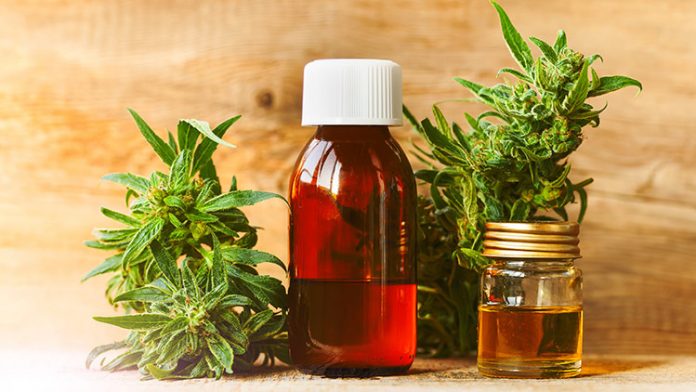The use of medicinal forms of cannabis continues to be very restricted in Ireland in spite of moves to permit their use in limited circumstances.
Minister for Health Simon Harris commissioned a report from the Health Products Regulatory Authority (HPRA) to examine the scientific evidence on medicinal cannabis, which accepted benefits from taking medicinal cannabis for certain conditions.
After its findings were published in February 2017, the Minister announced he would implement the HPRA recommendation that cannabis-based products be made available to some patients with multiple sclerosis and epilepsy, and those suffering nausea in chemotherapy.
Restricted use, however, still applies in Ireland compared to other parts of the world – notably the United States, Canada and Australia where certified medical products are available in many instances.
There is evidence cannabinoids in various forms can ease seizures in adults and children and alleviate symptoms for some people with inflammatory diseases such as MS and Parkinson’s disease – and other chronic diseases.
The evidence is not conclusive, and the HSE and most doctors believe it is not sufficient to warrant prescribing it in a medical context.
As such, unless given under special dispensation, no cannabis product can be prescribed by a doctor in Ireland because it is not considered a medicine. This contrasts with the classification in a growing number of other countries when cannabinoids are classified as a drug that can be prescribed.
The Department of Health last year, nonetheless, approved a three-month license for tetrahydrocannabinol (THC) for the treatment of severe chronic pain.
Cannabinoids used in medical settings are usually in the form of THC (with a reduced level of the psychoactive element normally found in cannabis) or CBD oil – or a combination of both compounds.
It is the second time such a license has been granted after Cork boy Tristan Forde (3), who has a severe form of epilepsy, became the first person i n Ireland legally allowed to use cannabis for medicinal purposes.
The development was described by some medical professionals and campaigners as hugely significant, as about 20 per cent of the population has chronic pain.
The Cannabis for Medicinal Use Regulation Bill 2016, which allowed for medicinal use of cannabis and its derivatives, was rejected by the Oireachtas Health Committee last July. This was mainly based on the conclusion that the proposed legislation was “too loose to effectively guard against leakage of supply to recreational users, [and]overuse by patients”.
Its report warned it might have the effect of decriminalizing cannabis use for all users.
In Ireland currently, cannabinoid products can be sold as a food additive. In most instances these are derived from the hemp plant, which is easily grown in the Irish climate.
However, there is a lack of regulation of such products – many of which can be bought online – and some have widely varying amounts of THC and/or CBD oil. In such instances, the safety of products can be an issue, especially with patients whose immune system may be compromised.
During his research he spoke to medical professionals, businesses who grow hemp and sell CBD oil in Ireland, and people using the oil to help deal with serious medical problems.














